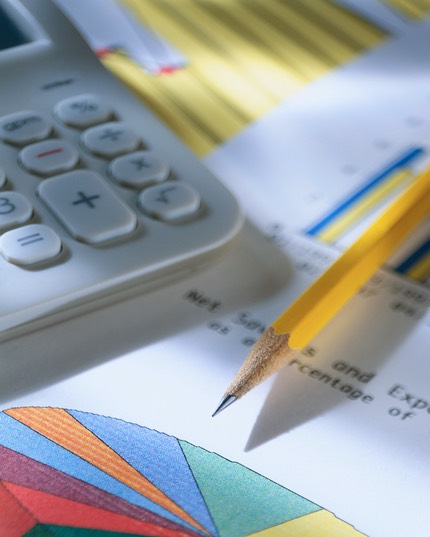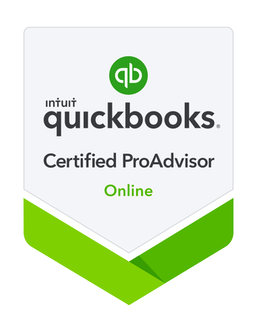
With the increase of technology in the workplace the Internal Revenue Service has embraced the existence of digital records. Publication 552 outlines the requirements for paper records. The Internal Revenue Service wants you use the same guidelines when keeping your digital records.
Why Keep Records?
There are many reasons to keep records. In addition to tax purposes, you may need to keep records for insurance purposes or for getting a loan. Good records will help you:
Identify sources of income. You may receive money or property from a variety of sources. Your records can identify the sources of your income. You need this information to separate business from nonbusiness income and taxable from nontaxable income.
Keep track of expenses. You may forget an expense unless you record it when it occurs. You can use your records to identify expenses for which you can claim a deduction. This will help you determine if you can itemize deductions on your tax return.
Keep track of the basis of property. You need to keep records that show the basis of your property. This includes the original cost or other basis of the property and any improvements you made.
Prepare tax returns. You need records to prepare your tax return. Good records help you to file quickly and accurately.
Support items reported on tax returns. You must keep records in case the IRS has a question about an item on your return. If the IRS examines your tax return, you may be asked to explain the items reported. Good records will help you explain any item and arrive at the correct tax with a minimum of effort. If you do not have records, you may have to spend time getting statements and receipts from various sources. If you cannot produce the correct documents, you may have to pay additional tax and be subject to penalties.
Kinds of Records To Keep
The IRS does not require you to keep your records in a particular way. Keep them in a manner that allows you and the IRS to determine your correct tax.
You can use your checkbook to keep a record of your income and expenses. In your checkbook you should record amounts, sources of deposits, and types of expenses. You also need to keep documents, such as receipts and sales slips, that can help prove a deduction.
You should keep your records in an orderly fashion and in a safe place. Keep them by year and type of income or expense. One method is to keep all records related to a particular item in a designated envelope.
In this section you will find guidance about basic records that everyone should keep. The section also provides guidance about specific records you should keep for certain items.
Electronic records. All requirements that apply to hard copy books and records also apply to electronic storage systems that maintain tax books and records. When you replace hard copy books and records, you must maintain the electronic storage systems for as long as they are material to the administration of tax law.
An electronic storage system is any system for preparing or keeping your records either by electronic imaging or by transfer to an electronic storage media. The electronic storage system must index, store, preserve, retrieve, and reproduce the electronically stored books and records in a legible, readable format. All electronic storage systems must provide a complete and accurate record of your data that is accessible to the IRS. Electronic storage systems are also subject to the same controls and retention guidelines as those imposed on your original hard copy books and records.
The original hard copy books and records may be destroyed provided that the electronic storage system has been tested to establish that the hard copy books and records are being reproduced in compliance with IRS requirements for an electronic storage system and procedures are established to ensure continued compliance with all applicable rules and regulations. You still have the responsibility of retaining any other books and records that are required to be retained.
The IRS may test your electronic storage system, including the equipment used, indexing methodology, software and retrieval capabilities. This test is not considered an examination and the results must be shared with you. If your electronic storage system meets the requirements mentioned earlier, you will be in compliance. If not, you may be subject to penalties for non-compliance, unless you continue to maintain your original hard copy books and records in a manner that allows you and the IRS to determine your correct tax.






